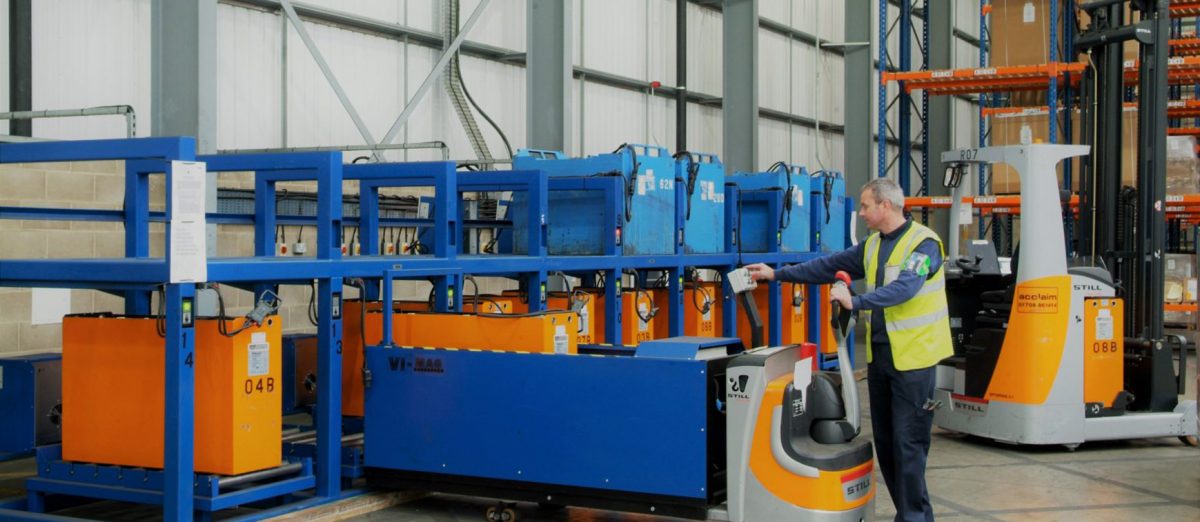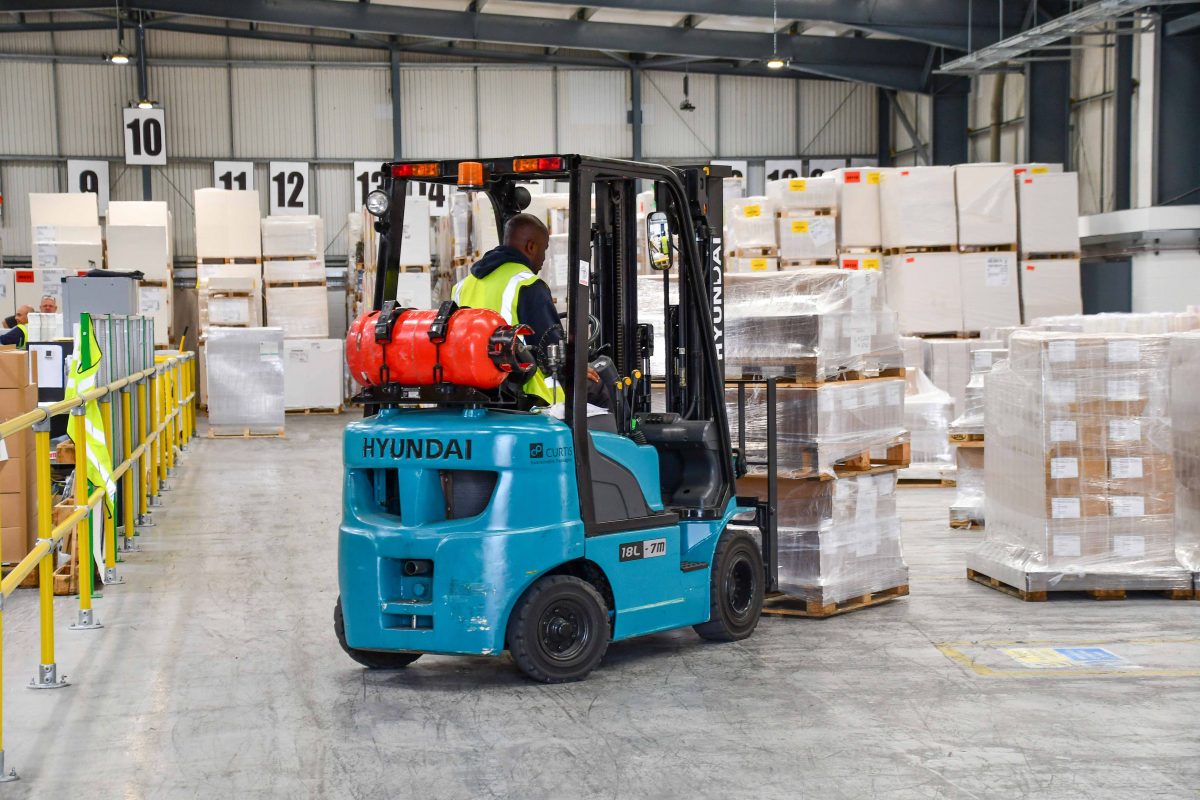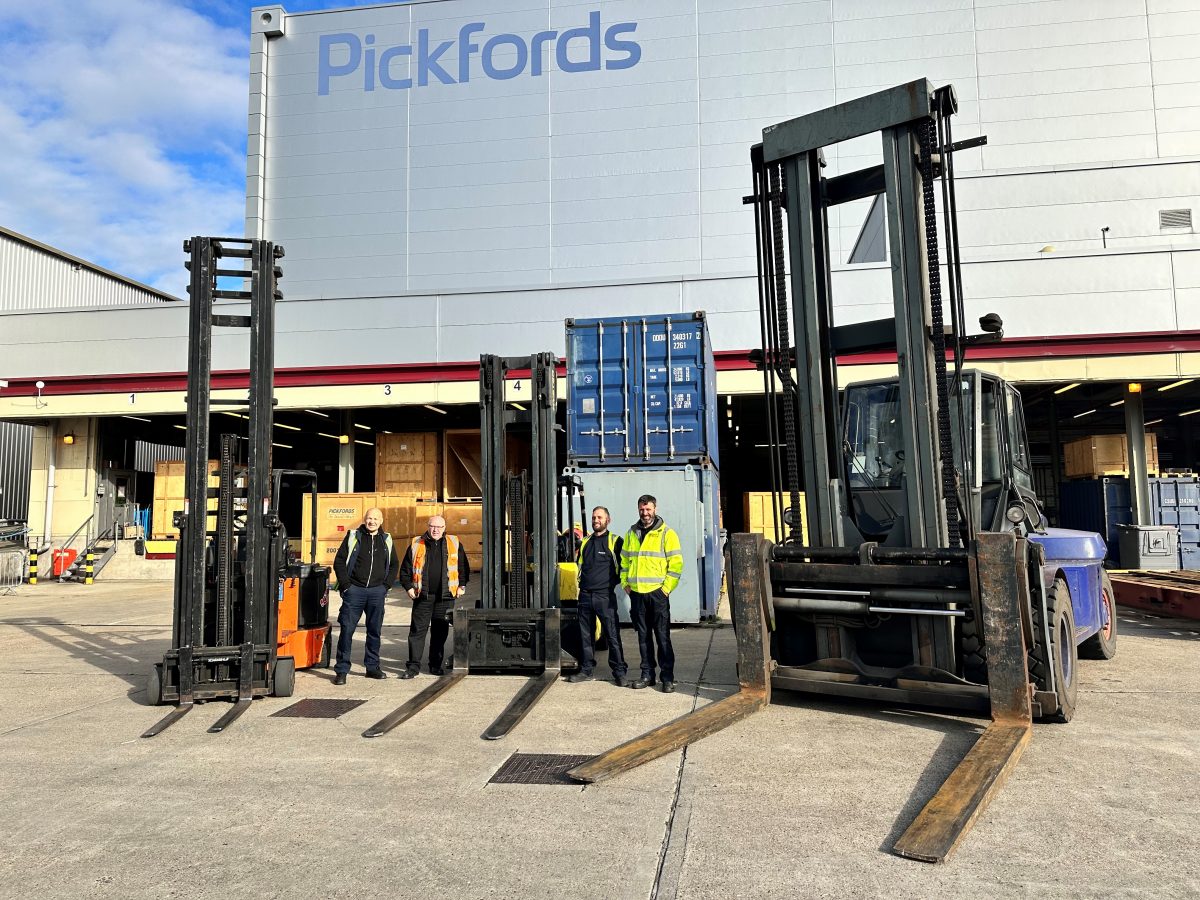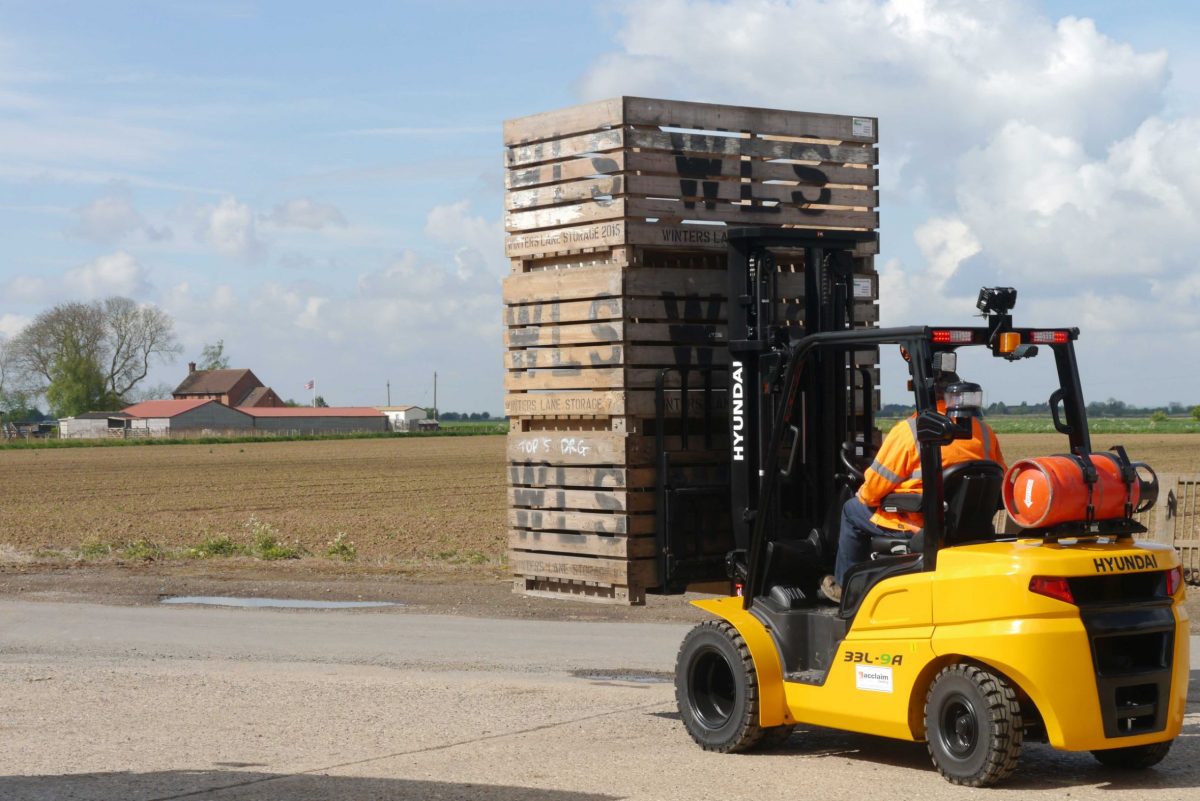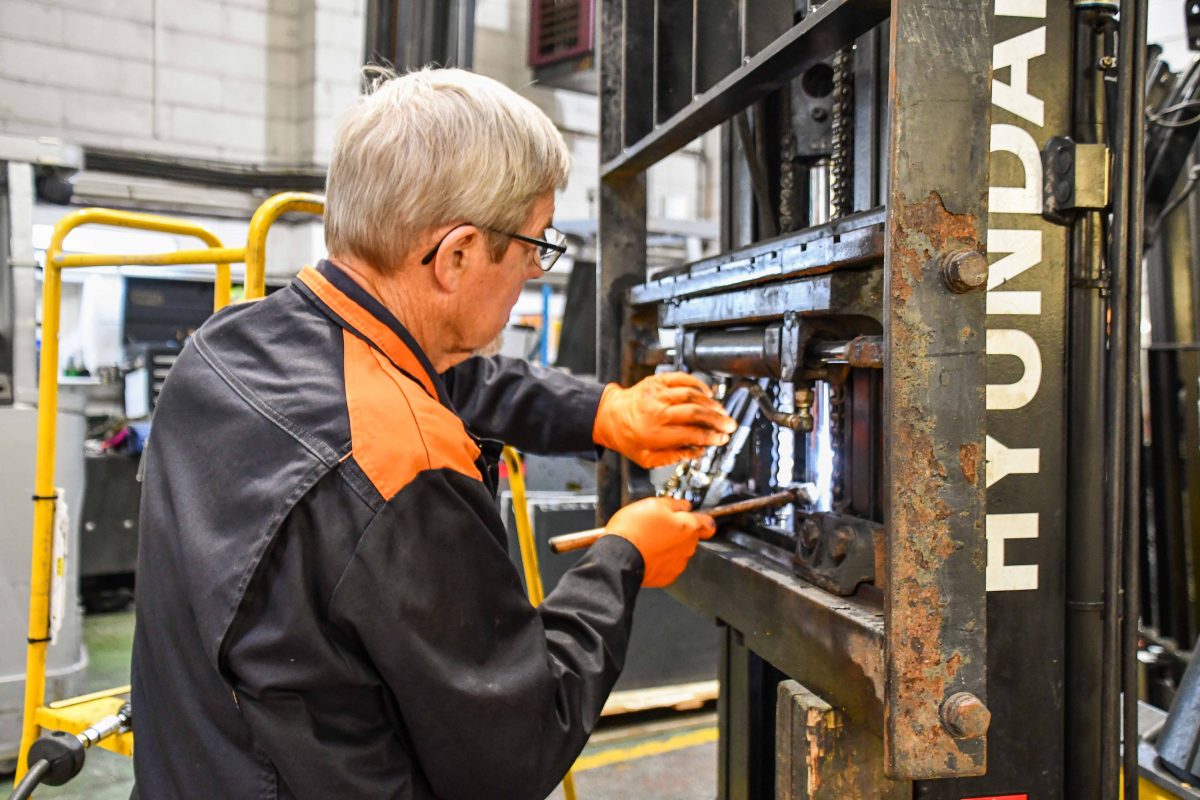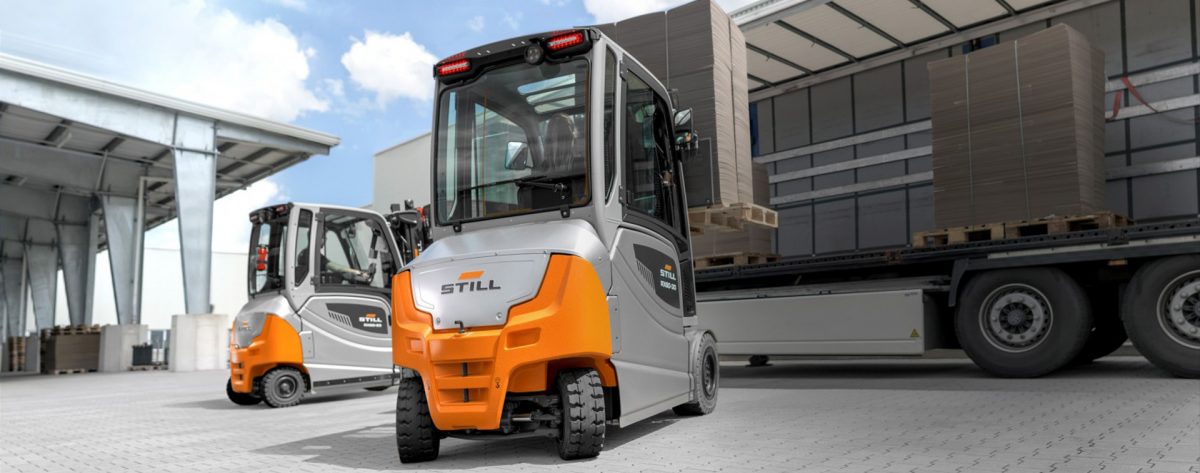Ultimate Guide to Forklift Daily Checks
Materials handling equipment such as forklifts, pallet trucks, and other powered industrial trucks are essential for many businesses to carry out their operations. However, this equipment can also be dangerous if not maintained properly.
Conducting a daily materials handling checklist is crucial to ensure that your equipment is safe to operate and prevent accidents from happening. In this guide, we will discuss why daily checks are so important, how to conduct a daily check, what’s involved, and the consequences of not conducting a daily check.
Importance of Forklift Daily Checks
Performing daily checks is essential for ensuring the safety of your operators and others working in the area. Daily checks help identify any potential problems or hazards that could cause an accident or damage to the equipment. It also helps to extend the life of your equipment and reduces the risk of breakdowns, which could lead to costly repairs and downtime.
How to Conduct a Forklift Daily Check
A daily check should include the following steps:
- Visually inspect your equipment for any damage or missing parts.
- Check the fluid levels, including fuel, oil, and hydraulic fluid.
- Inspect the tyres and make sure they are properly inflated and in good condition.
- Test the brakes and steering to ensure they are working correctly.
- Check the lights and horn to ensure they are working correctly.
- Test the emergency stop button, if applicable.
What's Involved in a Forklift Daily Check
Daily checks can vary depending on the type of equipment being used. However, some common elements to look for include:
- Properly secured loads
- No leaks or damage to hydraulic hoses
- Smooth operation of controls
- Properly functioning safety devices
Consequences of Not Conducting a Forklift Daily Check
Not conducting a forklift daily check can have serious consequences. It can result in equipment breakdowns, which could cause accidents or damage to the equipment. Operators could also be at risk of injury or death if equipment is not maintained correctly. Additionally, not conducting daily checks could result in fines or legal action if an accident were to occur.
Why the Checks Have to be Daily
Forklift daily checks are essential because they help identify any potential problems before they become more significant issues. They also ensure that the equipment is safe to operate each day, preventing accidents or damage to the equipment.
FAQs:
Q: How long does a daily check take? A: Daily checks typically take between 10-15 minutes to complete.
Q: Who should conduct a daily check? A: Anyone who operates equipment should conduct a daily check.
Q: What happens if a problem is identified during a daily check? A: If a problem is identified, your equipment should be taken out of service until it is repaired.
Q: How often should the equipment be serviced? A: Your equipment should be serviced according to the manufacturer’s recommendations, which typically includes regular maintenance intervals.
